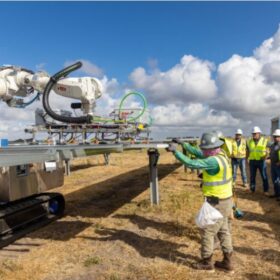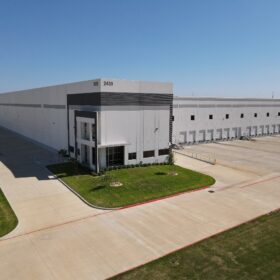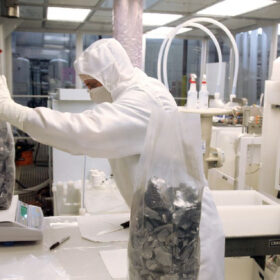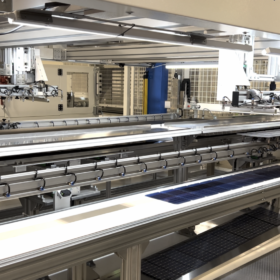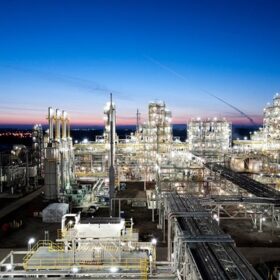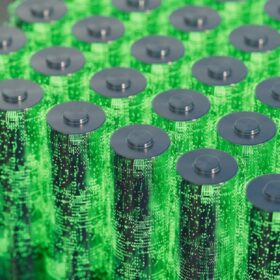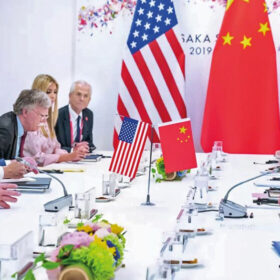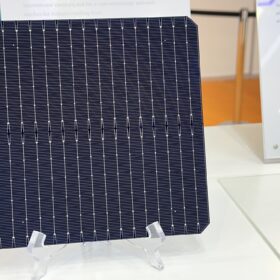Robots to work with humans to demonstrate solar module installation
US electrical contractor Rosendin plans to demonstrate robotic-assisted solar module installation at a large-scale solar energy project under construction in Texas.
Waaree Energies to double its solar module manufacturing in Texas
This expansion comes at a critical time for the U.S. solar industry with much uncertainty around supply chains and pressure to increase domestic output.
The current state of U.S. polysilicon production
Despite rising tariffs on imports and a looming U.S. Department of Commerce investigation, American solar-grade polysilicon production is expected to keep pace with the growth of the domestic PV supply chain.
Corning, Suniva, Heliene to produce first fully US-made solar module
Corning, Suniva and Heliene are combining their strengths to produce what will be the first solar module with polysilicon, wafers and cells made in the United States.
U.S. surpasses 50 GW of solar module manufacturing capacity
The buildout is happening across the domestic solar supply chain and, at full capacity, planned facilities will produce enough to meet the demand for solar in the U.S., according to the Solar Energy Industries Association.
Kinematics acquires Spanish solar tracking controller specialist
The acquisition of P4Q brings Kinematics expertise in full-stack electronics, including its tracker controls brand, Suntrack.
REC Silicon shuts down polysilicon operations at U.S. site
The reason given for the shutdown is the inability to “improve the level of some key impurities,” and would not be able to deliver a quality product in the time demanded by the company’s main customer.
Antidumping investigation could more than double cost of U.S. EV battery, energy storage
Anti-dumping, countervailing duties on battery materials could have serious effects on the EV and energy storage markets, as the battery material and manufacturing markets in the U.S. are still in very early stages.
Trump touts solar trade tariffs
While the Inflation Reduction Act (IRA) is reshoring solar manufacturing in the United States, raising import tariffs may slow momentum. The actions of the incoming Trump administration are tough to forecast at this point.
U.S. solar cell manufacturing begins, with sights set on supply chain gap
According to the U.S. Solar Market Insight Q4 2024 report, domestic module manufacturing will be able to keep up with the rapid pace of growth in the U.S. solar industry, and cell production is ramping up.

